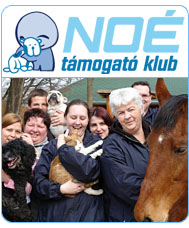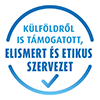Give
Horse Rescue Project
2009.12.21.
"Humans cannot be successful in everything. Even God succeeded in two things only: creating spring and the horse.”

In Hungary, there is much left to be desired regarding the animal welfare of pets. For livestock animals, including horses, however, the situation is even worse.
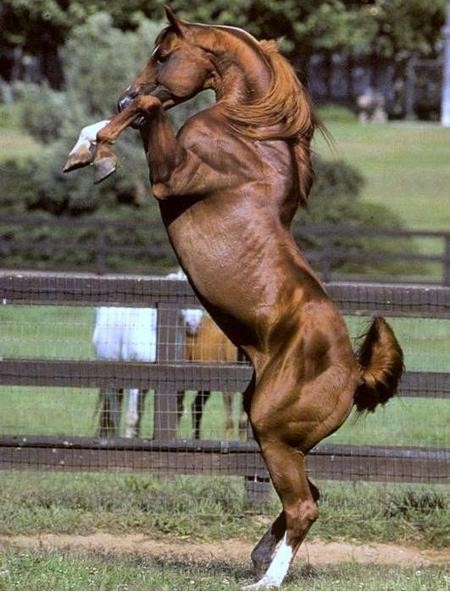
Hungarians are an equestrian nation – horses were our partners in hunting, they made us able to conquer the Carpathian Basin, they were on our side in battles, they provided everyday help in agricultural work, and now they carry handicapped and healthy children and adults on their backs. Horses are associated to majestic ideas such as freedom, and one of the central figures of the Hungarian mythology is the Táltos (shaman), the White Horse.
Nevertheless, horses, with a few exceptions, are not treated properly by us, humans.
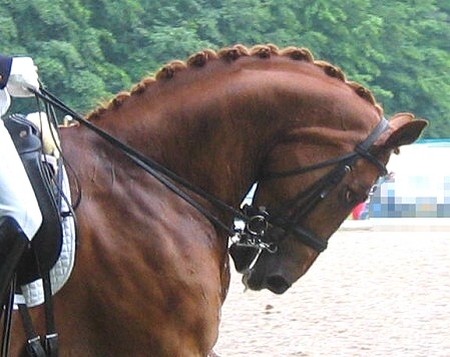
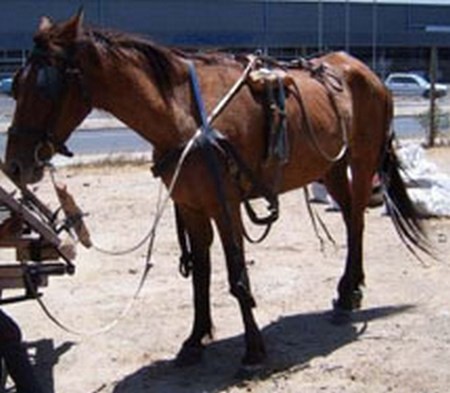

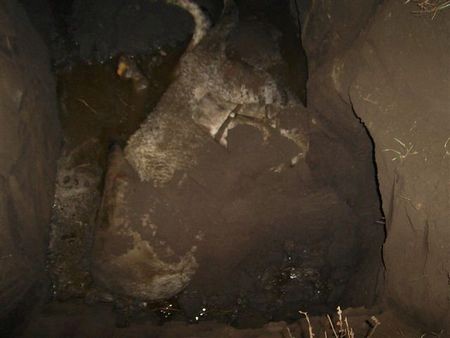
In many – too many – riding schools you can see tired horses trotting around with the awkward beginner riders for hours every day even with an aching back and foot. After getting old and not being able to work that hard they are usually sold for a low price and transported to Italy to be slaughtered. The lucky ones are bought by one of the riders and given a chance for a better old age. Álmos (named after an ancient Hungarian chieftain) came to us this way.
There is even less chance given to horses in temporary riding schools. In the spring these riding schools buy horses unwanted by their previous owners, force them to work the whole season, when there are a lot of tourists, and at the end of the summer these poor, abused animals, worked almost to death, are sold and loaded onto a truck heading for an Italian slaughterhouse, because the owners do not want to pay for their feeding. These animals work 8-9 hours a day without a break, for 3-4 months! Owners managing such riding schools are not attached to the horses emotionally and do not count on them for a longer period. They do not consider the consequences of overworking. You do not need a lot of imagination to understand how the horses feel in this slavery.
But – again with a few exceptions – other horses are sold to be slaughtered, too: racehorses without success, horses kept for hobby purposes, whose owner lost interest in them, foals born due to irresponsible breeding, draught horses out of work due to the introduction of tractors, as well as horses that could not be sold anywhere else, and the list continues.
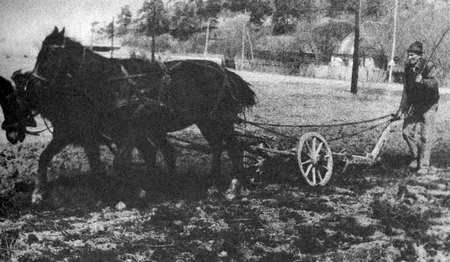
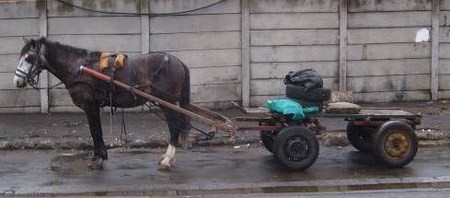
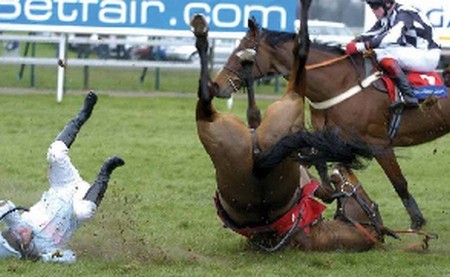
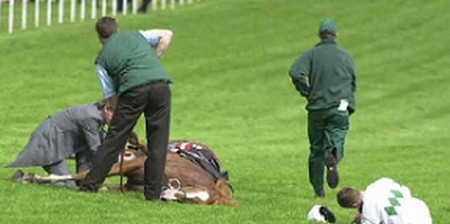
It is heartbreaking to see the horses on sale at the regular horse fairs: most of them are old animals with a lifetime of hard work behind them, suffering from serious and untreated leg injuries resulting from tedious work. These horses are not fit for riding anymore, their only chance is if somebody buys them out of pity as the keeping of a horse is not cheap. We have an example for such a case in our rescue facility: Birs (Quince) was bought by one of our voluntary workers before she would have been transported to the slaughterhouse. She is suffering from serious hoof inflammation. This kind of injury can be cured but it takes long. It is caused by hard work on hard ground without any previous warm-up. A horse suffering from this disease must rest – if it does not happen the inflammation becomes chronic and the deformation of the hoof bone will be irreversible. After that the horse will never be healthy again and has to be given painkillers until the end of his life. When the regular painkillers are not effective anymore a radical step must be taken: the nerves must be cut. It means that the vet cuts the sensory nerves so the horse does not feel the pain and can have one or two happy years to live. We all know that the 9 year old Birs will never live to be an old horse – but as long as she enjoys life and we can ease her pain she has nothing else to do but but to graze and dominate the herd, as she is the leading mare.
Although breeding horses to be urine donors for medicinal purposes is a strictly controlled business, collecting the urine of pregnant mares and keeping so called urine donor horses has become increasingly widespread in Hungary in the past couple of years.
In the 3rd and 4th months of pregnancy a mare’s placenta produces a hormone called PSMG (pregnant mares serum gonadotropin) which is extracted from the urine and used to produce contraceptives and menopausal medicine. Urine is collected in a special tank strapped on the body of the mare. There are strict veterinary regulations that specify how long this tank can be attached to the horse. In practice, however, the only goal is to generate the most possible profits.
After giving birth mares are almost immediately impregnated again. The young mares enter the urine collection circle, young stallions are sold to the Italian meat market.
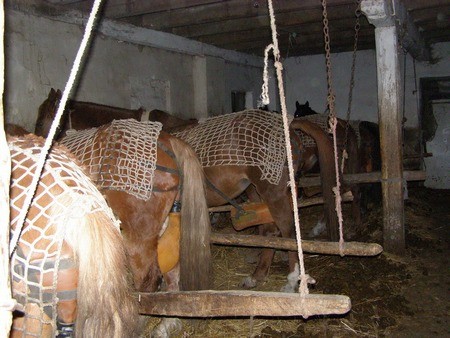
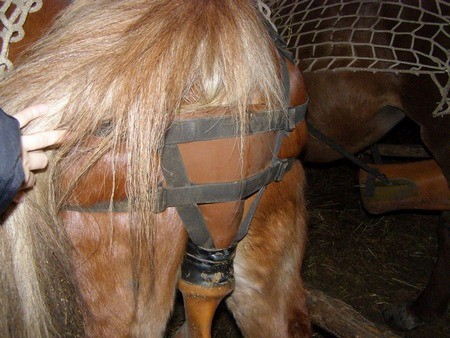
Keeping horses to donate their blood for serum manufacturing purposes is also very profitable. Horses are resistant to many diseases and their blood is only minimally toxic for humans. The yearly “blood production” is generally 100-200 liters per horse. Several vaccines, such as tetanus vaccines are produced from horse blood.
There are hundreds of thousands of horses transported from Hungary to the Italian meat market, but the main exporters are Romania, Poland and the Baltic states. Because of the central geographical location of Hungary all trucks from Central-Eastern Europe cross the country on the way to the European Union, mainly Italy, as more than 80% of the EU horse import goes to Italy. Although there are strict regulations regarding transporting livestock in Hungary, the trucks spend less that 8 hours in the country, and upon entering there is no control whether the obligatory watering of the animals has taken place, making it impossible to monitor whether the rules for resting periods, feeding and watering are followed. In Hungary there are 6 watering stations available and 2 stops for a 24-hour rest. These stations are run by private companies and are located close to the borders. Truck drivers use these stations to the instruction of the official government veterinarian. The circumstances are given to follow the animal welfare act.
Watering stations operating under the legal requirements with qualified employees play an important role in the protection of transported animals, mainly because there aren't any offices in Hungary authorized to stop the trucks and check if the animal welfare regulations are followed and to make legal steps in the case of animal abuse. Even though the Hungarian legislation meets the EU standards, the implementation of animal welfare laws is inefficient.


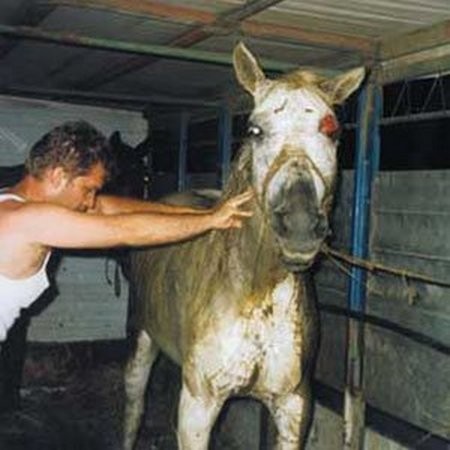
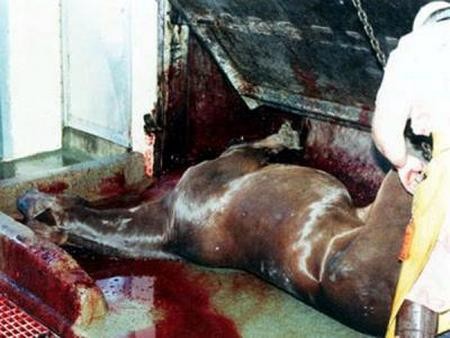
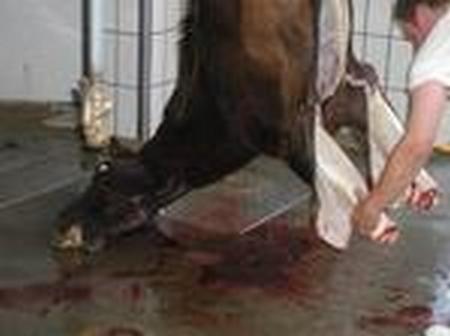
Keeping horses has become fashionable in Hungary and as a consequence an increasing number of horses are kept under unsuitable conditions due to the ignorance and incompetence of the owner. Horses are sometimes kept in the open air without their basic needs provided for, in a poor general condition with neglected hooves, or they are kept in a pit dug in the ground, or in crowded stables. Authorities are reluctant to take legal action when they experience cruelty against livestock, even more so than in the case of hobby animals such as cats and dogs. There are very few precedent cases to follow. An excellent example is the case of our horse, Gazsi (Casper), confiscated by the 18th district municipality because of improper keeping conditions. In a few days we had to realize that improper keeping conditions were not in fact the reason behind the confiscation, the authorities interfered only because the neighbours complained about the flies. Nobody cared that the horse is skinny, neglected, and is in a poor general condition, these facts were not even mentioned in the confiscation documents, and the horse was never examined by the official government veterinarian. After two days the owner provided a piece of paper to the municipality, “proving” that he had found a proper home for the horse in the countryside, and the municipality instructed us to give the horse back to its owner. In order to save the horse from further suffering we had to buy it from the owner. He said the horse was never given vermicides because, apparently, he has no worms; he was never given the obligatory vaccinations as he had never been ill. On this basis, he probably was never given any food as he was never hungry. After hours of arguments, Gazsi could stay in the shelter where he found a home and is now gaining weight.
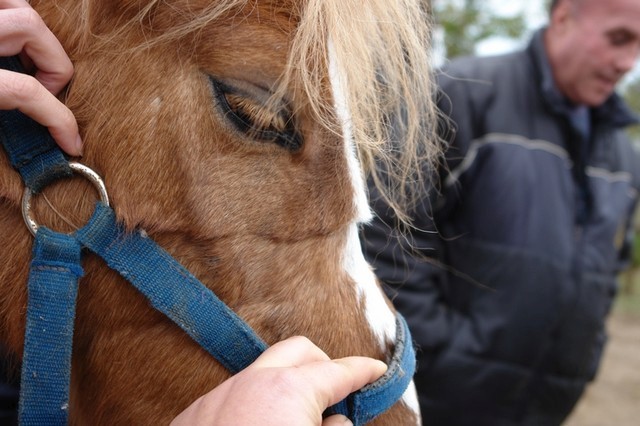

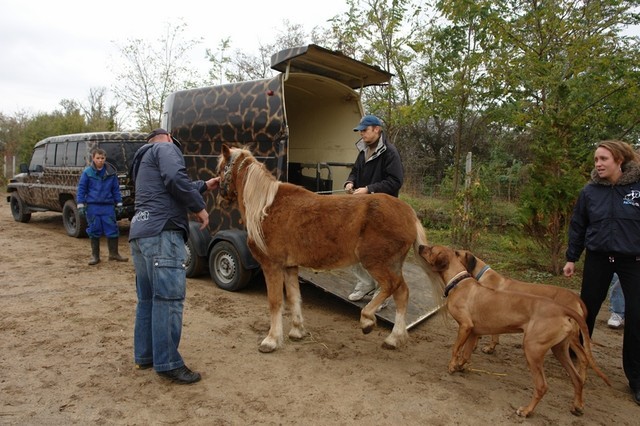
The Noah's Ark Animal Shelter Foundation would like to focus its resources on improving the living conditions of horses in need. There are only two horse rescue organisations in Hungary: the Bottyán Equus Hungária Public Benefit Foundation and Horse Rescue and the the Zakuszka Farmstead Foundation for Horses in Need in Mátracserpuszta. Unfortunately, there are too many horses in trouble, and both of these facilities – although the founders are dedicated – face problems because they are constantly full. We are in the same situation, as in two years we have had 12 horses, and we do not have any more capacity due to the lack of space.
If you feel that you could help our work and our horses even with a minimal amount of money, please make your transfer to the 11710002-20083777 bank account or on-line on the main page of our website. In the note please write “Horse Rescue”.
Our rescued horses can be supported by virtual adoption as well.
If you experience any neglect, abuse or cruelty against horses, please inform us, send photos, write an e-mail or call us! It is unacceptable that in the 21st century, when most horses are kept for hobby purposes, any horse shall starve, suffer from thirst, or experience cruelty and human brutality!

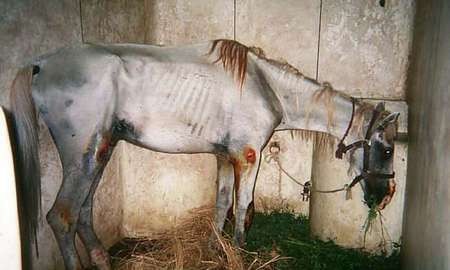
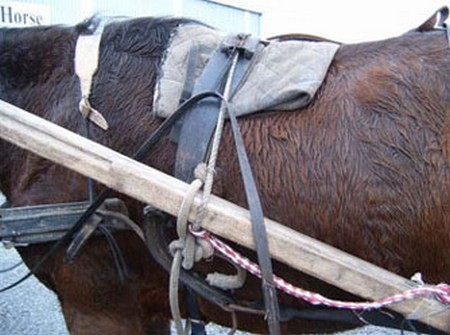
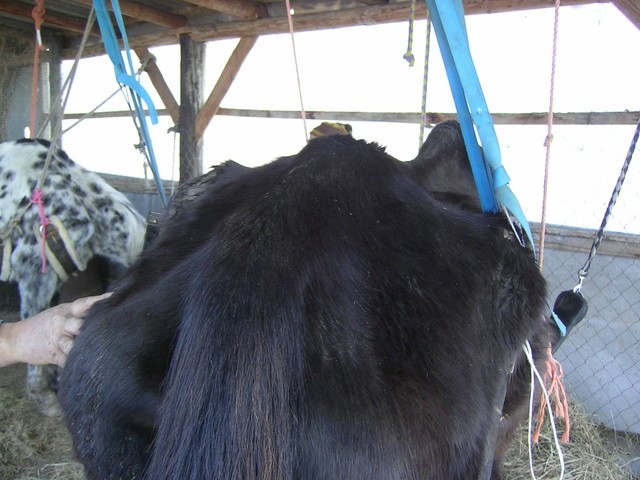

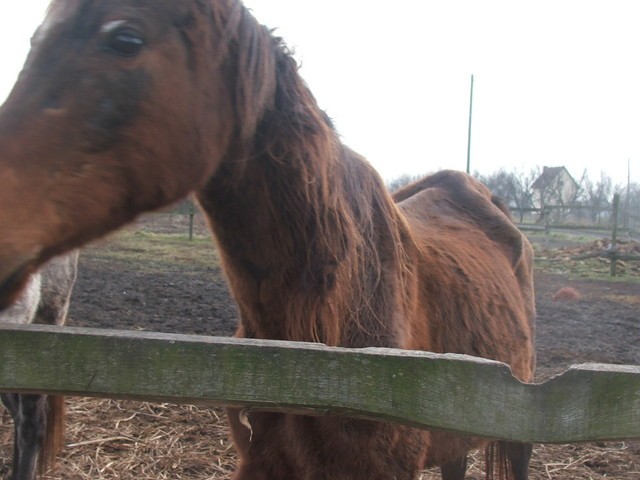
A thousand horse and none to ride!
With flowing tail, and flying mane,
Wide nostrils never stretched by pain,
Mouths bloodless to the bit or rein,
And feet that iron never shod,
And flanks unscarred by spur or rod,
A thousand horse, the wild, the free,
Like waves that follow o'er the sea,
Came thickly thundering on,... "
Lord Byron, Mazeppa

 Share
Vissza a cikkekhez
Share
Vissza a cikkekhez





 Magyar
Magyar
 Deutsch
Deutsch











